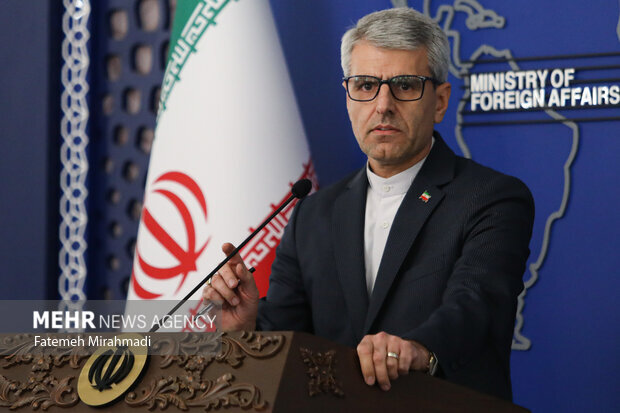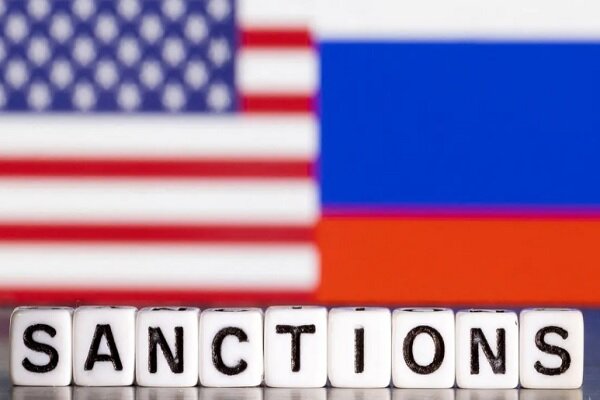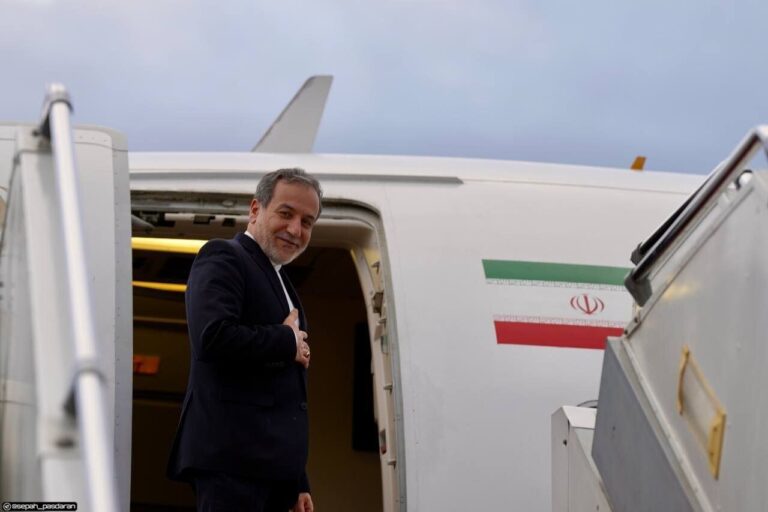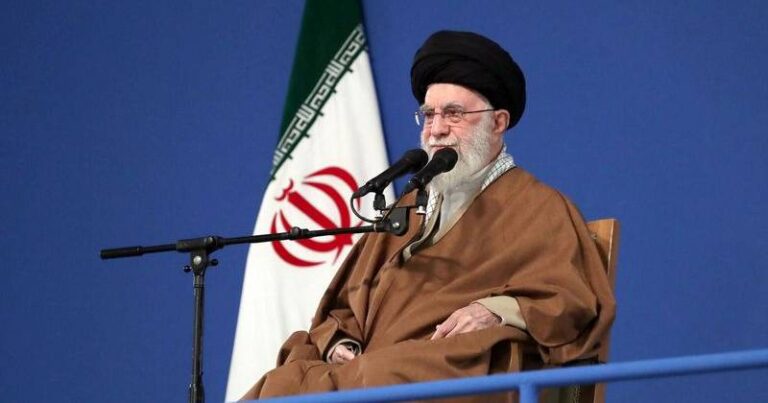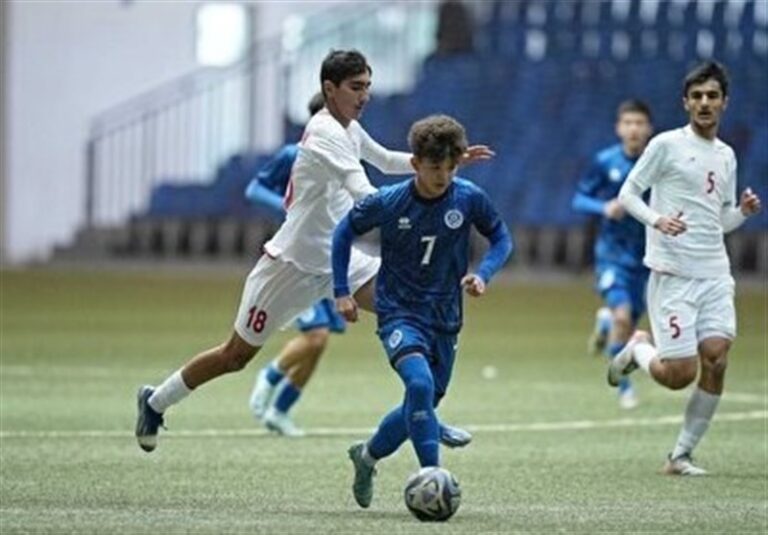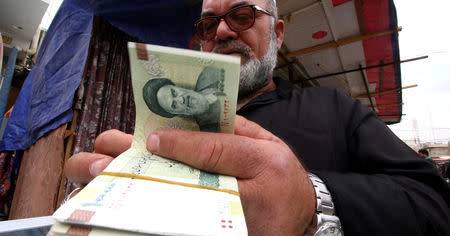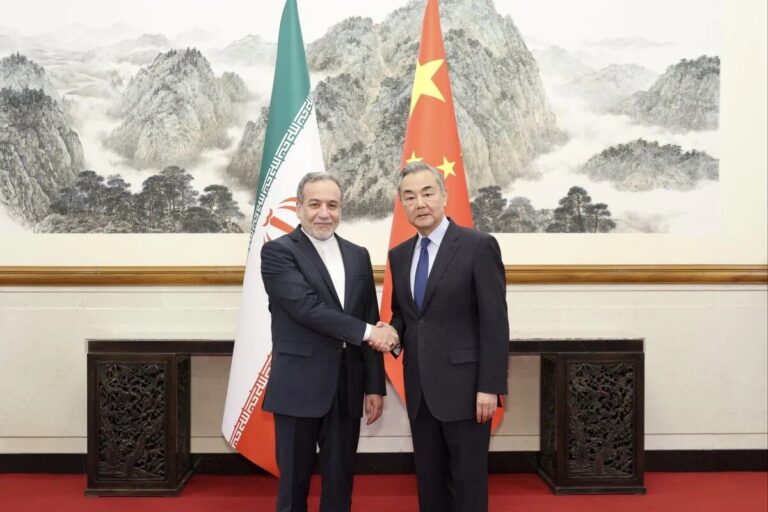Iran Responds Strongly to Trump’s Bombing Threats: Tensions Escalate
An alarming threat of military action from a Head of State against Iran has surfaced, raising serious concerns about international peace and security. Iranian Foreign Ministry Spokesman Esmaeil Baghaei expressed his outrage on X, emphasizing that such statements undermine the core principles of the United Nations Charter and violate the safeguards established by the International Atomic Energy Agency (IAEA).
In a striking display of aggression, former US President Donald Trump issued warnings of potential bombings and renewed sanctions against Iran, highlighting Washington’s preference for threats over diplomatic engagement. His comments signify a continued reliance on intimidation and economic pressure rather than pursuing a path of mutual respect and negotiation.
During a telephone interview with NBC News on Sunday, Trump confirmed that officials from both the United States and Iran had engaged in discussions but refrained from providing specific details. Instead, he delivered a provocative message: “If they don’t make a deal, there will be bombing.”
Trump also indicated that if diplomatic negotiations falter, he would reinstate secondary sanctions reminiscent of those imposed four years ago. This rhetoric underscores the US administration’s ongoing strategy of leveraging threats to compel compliance from Iran, a tactic that continues to escalate tensions in the region.
In contrast, Iranian President Masoud Pezeshkian clarified earlier on Sunday that while Iran has firmly rejected the idea of direct negotiations with the United States, the possibility of indirect talks remains open. He stated, “As we have stated before, Iran has never closed the channels of indirect communication.”
He further elaborated on Iran’s position, asserting that the nation does not shy away from negotiations. Instead, it is the repeated violations of agreements and commitments by the United States that have hindered progress. Pezeshkian emphasized that if the US is genuinely interested in restoring talks, it must first work to rebuild trust by addressing past breaches of agreements.
In light of the current situation, here are the key points regarding the escalating tensions between the US and Iran:
- Trump’s Aggressive Stance: The former president’s threats of bombing and sanctions illustrate a confrontational approach to US-Iran relations.
- Diplomatic Engagement: Despite Trump’s threats, Iran remains open to indirect negotiations, emphasizing the need for trust and respect.
- Consequences of Intimidation: The reliance on threats rather than diplomacy has exacerbated tensions and hindered progress.
- US Violations: Iran’s rejection of direct talks is rooted in the US’s history of violating agreements, necessitating a change in approach for negotiations to resume.
Baghaei’s comments reflect a broader sentiment within the Iranian government regarding the need for a diplomatic resolution. He stated, “Violence breeds violence, peace begets peace. The US can choose the course…; and concede to CONSEQUENCES…”
This ongoing diplomatic tug-of-war highlights the complexities of international relations, particularly in a region fraught with historical grievances and power struggles. The remarks made by both Trump and Pezeshkian signal a crucial juncture in US-Iran relations, where the path forward will depend heavily on mutual respect and adherence to previously established agreements.
As the situation continues to unfold, both nations find themselves at a crossroads, with the potential for either escalated conflict or a renewed commitment to dialogue and understanding. It remains to be seen how these developments will impact not only the two countries involved but also the broader international community striving for peace and stability in the region.
In conclusion, the current state of US-Iran relations is marked by tension and uncertainty. The contrasting approaches of threats versus dialogue indicate a challenging path ahead. The international community watches closely, hoping for a resolution that prioritizes peace and cooperation over conflict.
